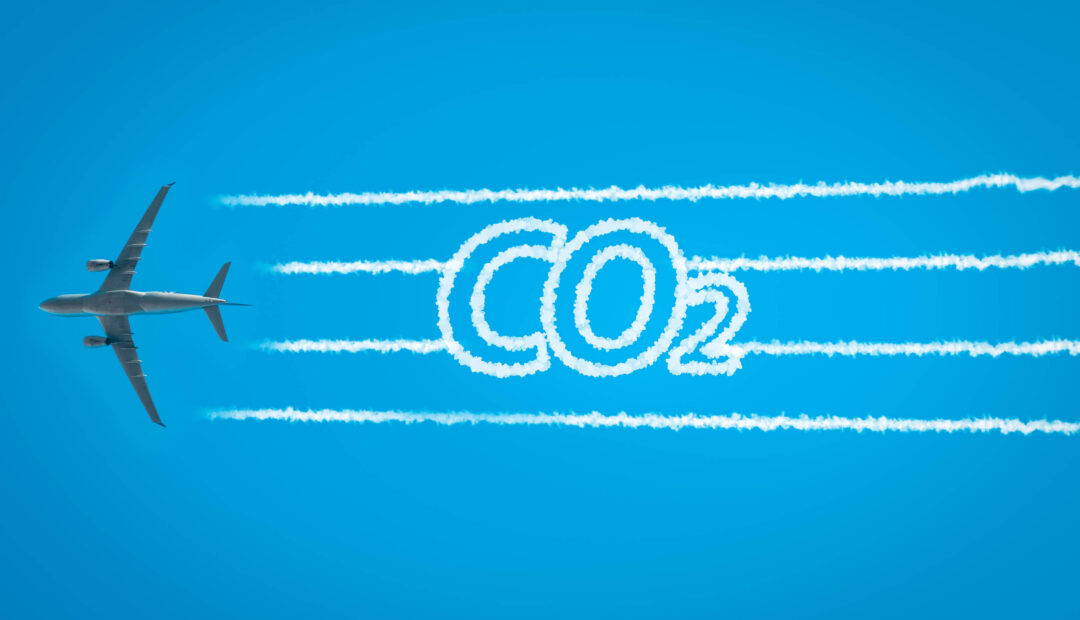When booking flights in recent years travelers may have noticed a new add-on fee to their purchase: a carbon offset fee which claims to lessen the environmental impact of flying.
Airplanes remains one of the biggest contributors to carbon emissions that damage the environment. USA Today Reported, “Commercial airplanes and large business jets make up about 10% of US transportation emissions, accounting for 3% of the nation’s total greenhouse gas production, according to the latest numbers from the Environmental Protection Agency.”
In recent years, celebrities who use private jets have been called out for their incredible contributions to carbon emissions. Last summer, Yard, a sustainability marketing firm released a list of the celebrities with the highest-use of private jets. The survey found that flight emissions from Taylor Swift’s private jet were 1,184 times more than the average person’s total annual emissions.
For those who feel conflicted about the environmental impact of their flight, but still want to take a vacation or visit friends, airlines are offering to offset your emissions for a fee, but does it actually work?
USA Today went on to report that these fees fund climate change action that would “make up for a certain amount of carbon being put into the atmosphere.” This can be done not only for flights, but for everyday activities that produce emissions like driving or using household appliances.
Whether or not these offsets are being put into action or making a difference in the grander scheme of climate change is up to who is implementing the offsets. Experts say that those who make the purchase should know they are not technically lessening their impact, but the purchase may be better than nothing.
Some airlines have their own emission offset programs including: Delta, American and Southwest. Other airlines are focusing on making the switch to more eco-friendly fuel that, with luck, will be used by the airline industry in the coming years.


